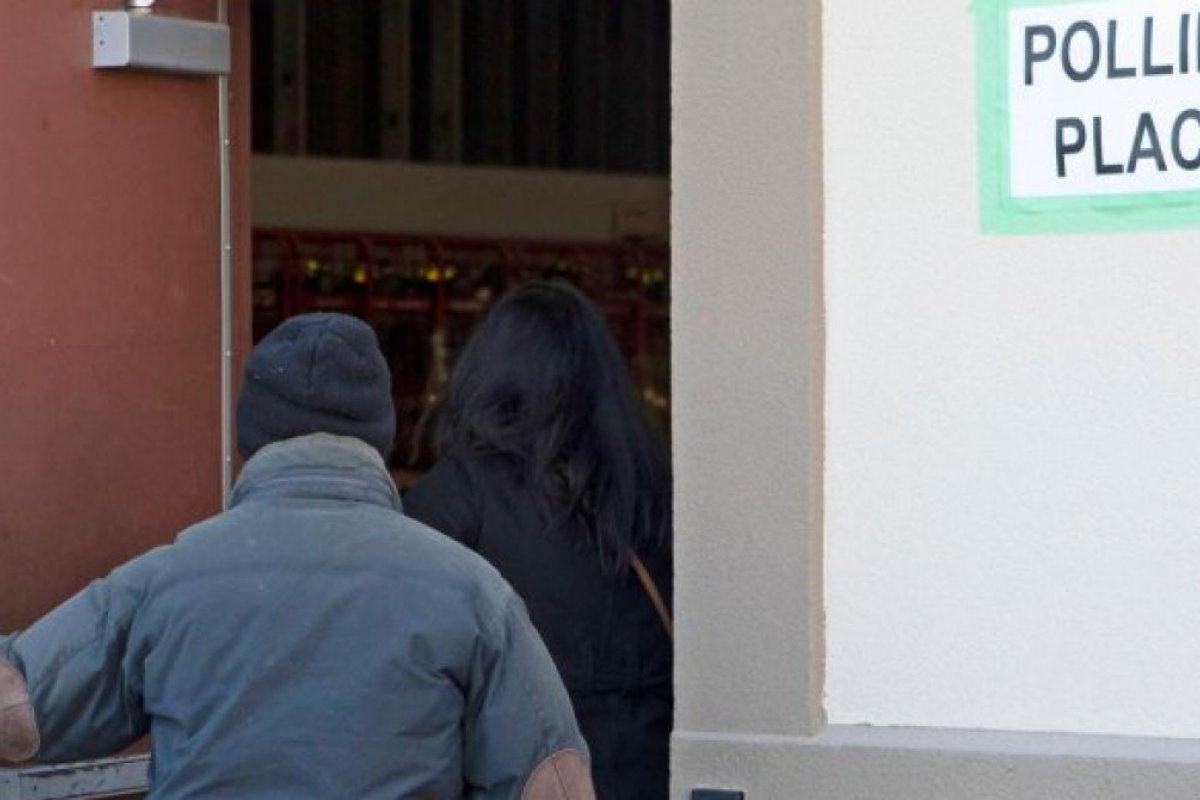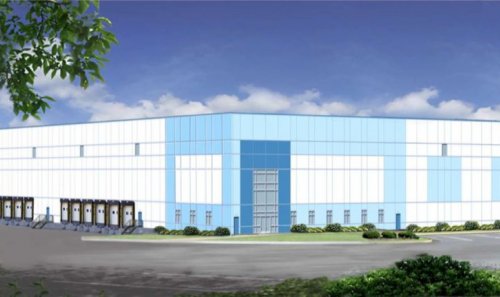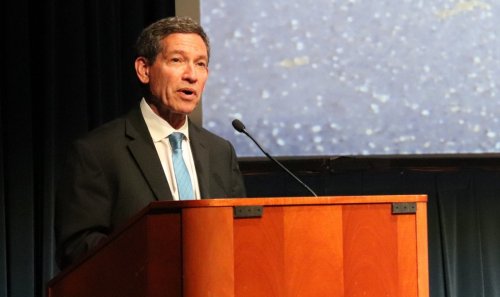
Mastic and Babylon voters approved two sewer projects that will cover 6,500 homes on Tuesday, Suffolk County's largest sewer expansion since the 1970s, while Great River voters rejected a measure to expand sewers into their community.
The $360 million worth of approved sewer expansions would use federal and state grants. Construction is expected to start next year.
"This is a major victory for water quality in Suffolk County," said Peter Scully, a deputy county executive under County Executive Steve Bellone. "
The county would look at alternate ways to use the $26.4 million proposed for the Great River project, he said.
Residents will have to pay an estimated annual sewer tax of about $470 and $532 for the Mastic and Babylon projects respectively. It would have been $755 annually for the Great River project.
Mastic voted 414-71 to accept $191.3 million in federal and state grants, according to the Suffolk County Board of Elections. The project would pay to sewer nearly 2,770 residential parcels and businesses along the Forge River, including a commercial corridor along Montauk Highway, and construction of a new sewage treatment plant at Brookhaven Calabro Airport, according to the county.
In West Babylon, North Babylon and Wyandanch around the Carlls River, residents voted 612-85 to connect 2,847 homes at a cost of $140.2 million in grant money.
Voters in Great River, along the Connetquot River, voted 230-304 on the proposal that would have connected 474 parcels at a cost of $26.4 million.
Apart from the referendums, grant money will be used to connect 1,500 homes within the existing Southwest Sewer District to the sewer system, and sewers would be extended to 300 homes in the village of Patchogue.
A total of about 9,500 voters were eligible to cast ballots, according to the Suffolk County Board of Elections. Cumulatively, voters approved the projects 1,256-460.
Federal and state grants, won post-Sandy to improve the South Shore's storm resiliency by strengthening wetlands that absorb surges, will cover upfront costs. If costs come in higher than expected, though, the projects will go in front of the Suffolk County Legislature.
At a Great River community meeting last week, many homeowners were skeptical of the project's cost in an already high tax area, as well as the technology. Unlike a traditional sewer system that relies on gravity, the proposed systems would use electronic pumps to send waste through pipes to the Bergen Point Sewage Treatment Plant.
"A lot of us are for sewers, but not for this system," said Rich Llewellyn, 59 of Great River.
The cost for Great River residents also was more expensive than the other two, because of the higher home values there, county officials said.
An anonymous mailer was passed out in the Great River community against the sewers. It warned the county fee will increase each year, and that the costs are only projected.
County officials said they scheduled the vote in January, instead of November's election when turnout would have been higher, because the state only agreed in July to convert a $60 million loan into a grant, reducing the amount residents in those districts will have to pay back.
Only those residents who would be getting sewers, and have to pay, were eligible to vote.
At Mastic Fire House, Michael Knight, 47, a machine operator, voted no. He was unhappy with the annual cost, and also worried that sewer installations, involving electric-powered pumps at every house, would damage driveways and yards.
“This is a cash-strapped area already,” he said.
Ute Ahrens, 58, said she voted in favor of the proposal.
“It’s good for the environment,” she said. She also liked the idea of coming off septic systems, which she would have to pay to replace if they fail. “If the darn things broke, I don’t have to spend tens of thousands of dollars,” she said.


